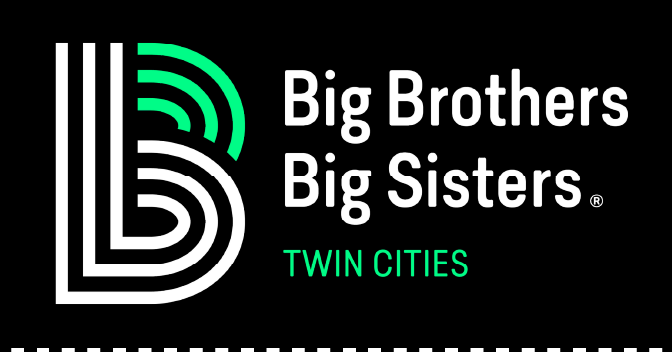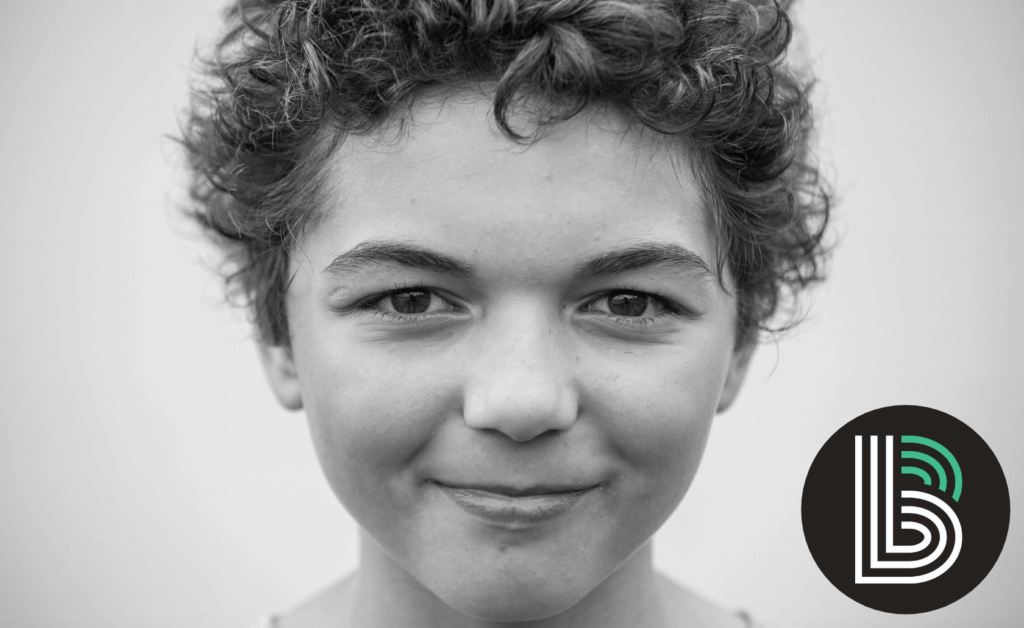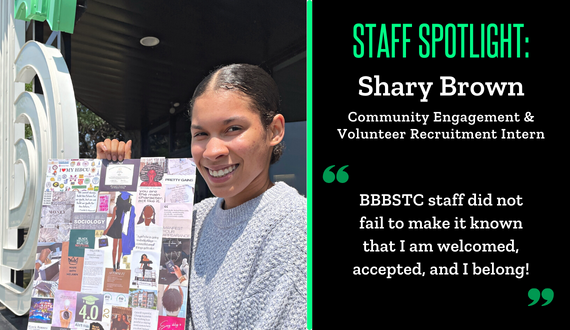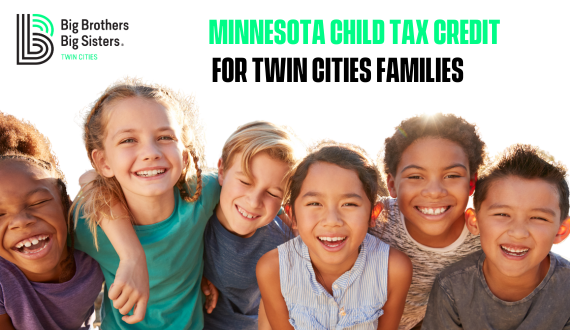
Staff Spotlight: Kang Moua on AAPI Month
May 23, 2022, Katie Huynh
To honor May as Asian American & Pacific Islander (AAPI) Month, we’re highlighting a few of our Asian team members and their unique, lived experiences as members of AAPI communities. In this post, we interviewed Kang Moua, our Bilingual Match Engagement Coordinator & Training Lead, about her story as a Hmong American and her insight on the importance of AAPI Month, and why it is relevant in youth mentoring work.
What is your ethnicity?
I am a Hmong American. Hmong is described as a group of indigenous people that live in certain parts of Southern China, Laos, Thailand, Vietnam, and Myanmar. They don’t own a country of their own. In historical context, the Hmong People first originated in Southern China but fled from persecution to Laos, Thailand, and Vietnam. From 1964 to 1975, the Hmong People aided the Americans in the Secret War in Vietnam. After the secret war, many CIA left, leaving many Hmong people behind to defend themselves and forage for survival. Around 33,000 – 40,000 Hmong died as a result of aiding the Secret War but due to the agreement between the CIA and the Hmong People, the Hmongs were allowed as refugees in the U.S., fleeing from the war and genocide. Since then, the Hmong People are diasporic, residing mainly in America, Australia, Europe, and Asia.
The Hmong People are described as colorful and vibrant people who display their culture and traditions in their clothing, stories, and songs. Hmong also means “free” and it also describes our language. As Hmong people, we speak Hmong. Though the Hmong people have gone through a lot, Hmong people are still striving to survive and fight.
Why is Asian American Pacific Islander (AAPI) month important to you? How is this month important for youth mentoring work?
AAPI Month is important to me because it is a time, I feel Asians are most being acknowledged and noticed by everyone. To me, AAPI month is about embracing your culture, sharing your wisdom, knowledge, traditions, and more with others. This is extremely important in youth mentoring work because I know there are youth who share similar thoughts. AAPI Month helps youth embrace and celebrate their culture. It also allows youth to connect with those around them.
If you feel comfortable sharing, what were some struggles you faced during your childhood?
My parents were refugees, so when I was young, they spoke little English and farmed for a living to support myself and my nine siblings. My parents are hard-working people and wanted the best for us. I remember being bullied for speaking “bad” English or having an accent. I remember my parents sheltering us from discrimination and racism, telling us to be kind to others regardless of what happens, but also teaching us to speak up when needed. I remember being only 8 years old when I started going to my parents’ appointments and translating English to Hmong because my parents didn’t understand certain terms that were used. Struggling was another term we used to describe our survival. Though we weren’t poor, my parents worked very hard to achieve this “American dream” for us.
What are some misconceptions and stereotypes about the Asian community you encounter?
I think the biggest misconception was one, we are a model minority, and two, we all come from one ethnicity. Some people also think that because we are Asian, we are easily controllable, timid, and weak. This misconception is quite wrong, as many Asians are very outspoken, brave, seek change, and are leaders. The model minority was created to separate Asian from other races, divide the community of color, and create tensions.
Though Asians are hard-working that doesn’t mean other communities of color aren’t. Secondly, growing up as a Hmong American female in the Asian community, I remember meeting people for the first time and assuming that I was Chinese right off the bat. “Ni hao” was often said when introductions were made. Though I do know what that means, I used to be offended as a child growing up, because no one knew what I was, what “Hmong” was. As an adult now, I am more open to teaching and educating others about my ethnicity.
How would you reflect on your experience growing up as a Hmong American?
Growing up as a 2nd Hmong American generation has helped me pave a path for myself. My parents wanted all their children to be successful and do the things they loved. Though they did have other careers in mind for us (doctors or lawyers), they also respected our career choices. Everything that was taught to me at a young age by my parents, my siblings, my peers, and my mentors really helped shape me into becoming who I am today. Although the path wasn’t easy, I learned to appreciate who I am and where I come from due to my experience as a 2nd generation.
Do you have any advice or insight you would like to share with Asian youth?
My advice to young Asian youth is, “you will truly be yourself when you accept everything about yourself”. Talk to your parents or grandparents, and learn about your history, your culture, your traditions, and your language, because knowledge about who you are is a connection to those before you.



